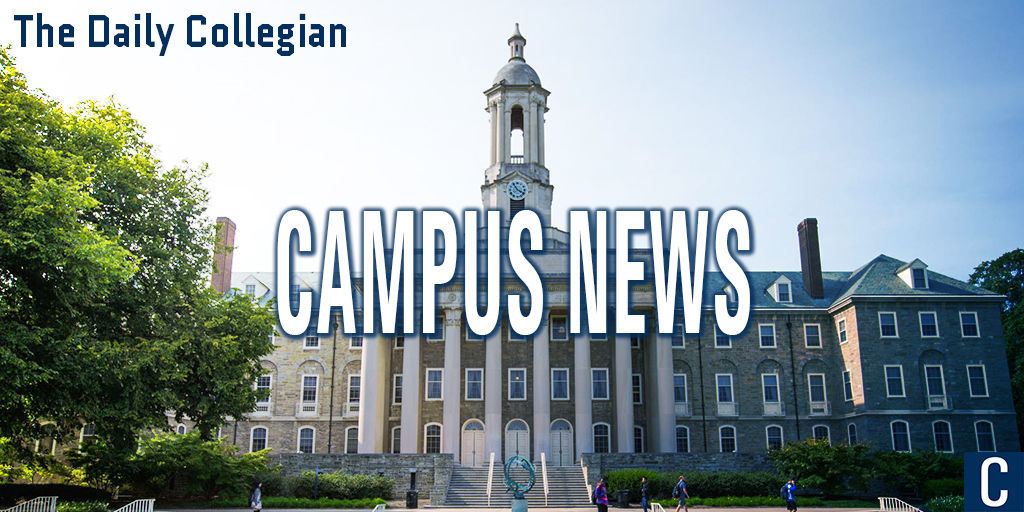Decades after the end of the Vietnam War, the Penn State Office of Veterans Programs gave the State College area’s Vietnam veterans a formal welcome home.
On Thursday, Nov. 2, in step with Penn State’s Military Appreciation Week, the Office of Veterans Programs hosted a luncheon at the Hintz Alumni Center to honor the veterans’ service, many having received hostility upon returning from Vietnam.
With a high turnout of veterans, family members and Penn State veterans, Robb Hall filled quickly as noon approached.
In a ceremony that included a salute from members of Penn State ROTC and short speeches from veterans in the Penn State community, about 20 Vietnam veterans received their commemorative lapel pins. The pins bore an eagle and the message, “A grateful nation thanks and honors you” written on the back.
Following the half hour ceremony, the attendees had the opportunity to socialize during the luncheon, which featured food donated from businesses and other offices within Penn State.
During his speech, Ryan McCombie, a member of the Board of Trustees, told the audience details of his experiences in Vietnam.
When he mentioned the 36-sheet toilet paper ration each soldier received, the Vietnam veterans in the audience laughed. McCombie concluded by reflecting on the significance of the veterans’ service in Vietnam.
“Most Americans do nothing to earn their citizenship except the happenstance of their birth,” McCombie said. “These men and women earned the right to call themselves Americans and patriots.”
For Veterans Outreach Coordinator Mary Fisk, a retired 1st Sergeant in the U.S. Marine Corps, the luncheon was an opportunity for Penn State to take leadership in engaging veterans.
Her training as a Marine recruit gave her a greater appreciation for the difficulties Vietnam veterans experienced. She felt the need to address the historical problem in her position as a veteran and newly hired veterans outreach coordinator.
“After spending 22 years in the Marine Corps, you recognize that there are opportunities out there to right those wrongs,” Fisk said. “The people who are going to do it are veterans themselves… when I took this position in February of last year, that was the perfect platform for me to make that happen.”
Fisk noted Penn State has one of the largest populations of active duty, reservist and veteran students out of any higher education institution in the United States.
She said the large military community plays a central role in helping each other and veterans in the surrounding area.
“Veterans will tell you — lead from the front and be able to provide that example to other schools who might not have a similar program,” Fisk said. “This for me was the start of our connection with our Vietnam veterans in our community and making them feel welcome and making them feel appreciated.”
Ross Dauby, who worked as a reactor operator and technician aboard a Navy submarine, contrasted the reception he received as a veteran with the treatment of Vietnam veterans after the war.
“[I came to] show support for the Vietnam veterans. Not getting the proper welcome home is not something we’ve experienced, just whatever we can do to make a difference,” Dauby (freshman-electrical engineering) said.
Jay Buchanan, a Marine veteran who earned a masters and doctorate at Penn State, said the mistreatment of veterans resulted from society’s failure to “separate the warrior from the war.”
While he supported the rights of people to protest the war and does not begrudge the young men who avoided the draft, Buchanan said the breakdown in understanding lead to a lack of honest discussion about the Vietnam War.
“It took a long time to come out and talk about Vietnam,” Buchanan said. “The climate at the time wasn’t supportive of talking about being in Vietnam because it was an unpopular war. Those of us who were Vietnam vets, [society] categorized all of us as baby killers and we were just doing what we thought we were supposed to be doing.”
